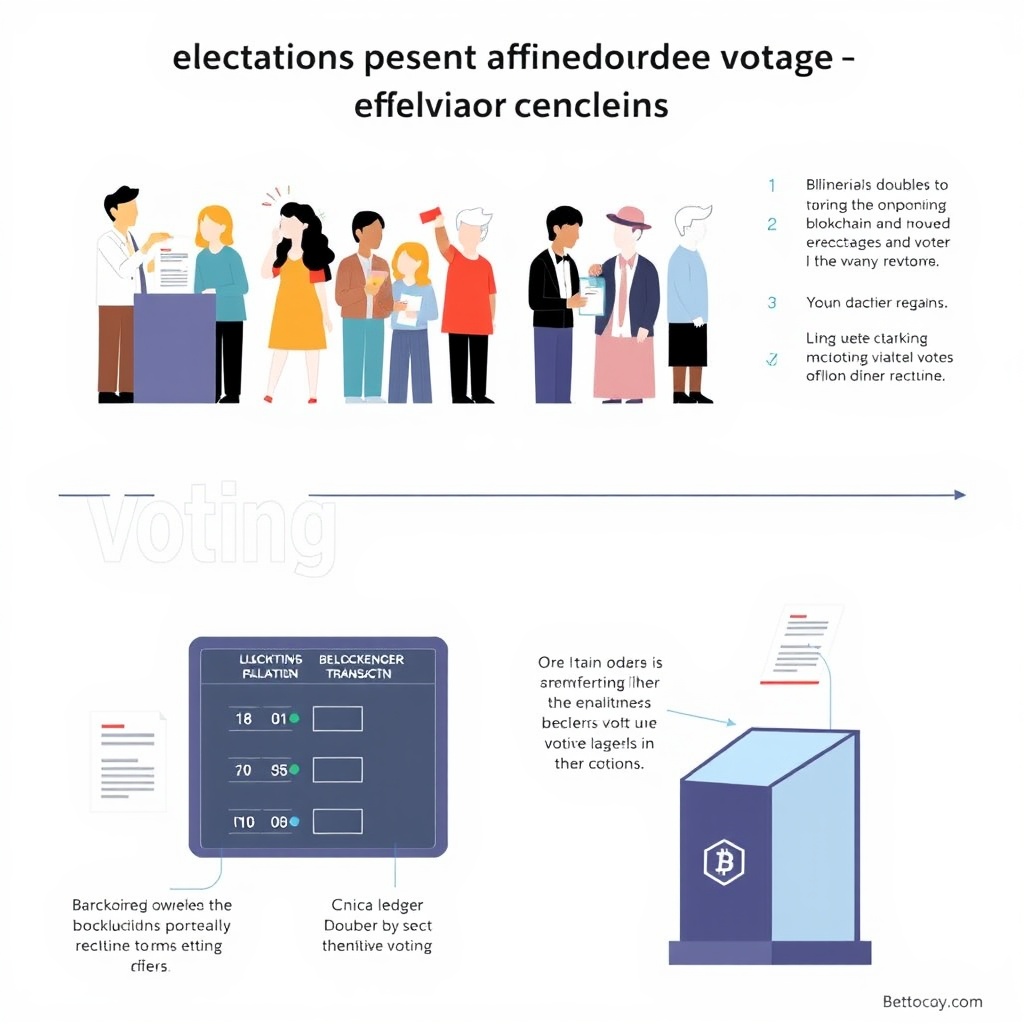In any democratic society, the integrity of elections is paramount. However, the threat of double voting looms large, undermining the very foundation of fair electoral processes. Double voting occurs when an individual casts more than one ballot in the same election, which can skew results and erode public trust. This issue is especially prevalent in regions with weak identification systems or where voters can exploit loopholes in the voting process. As technology advances, solutions to combat this problem have emerged, most notably in the form of blockchain technology.
Blockchain technology, known for its secure and transparent nature, offers a promising solution to the double voting dilemma. By utilizing a decentralized ledger, blockchain ensures that each vote is recorded in a tamper-proof manner, making it nearly impossible for individuals to vote multiple times without detection. The immutable nature of blockchain means that once a vote is cast, it cannot be altered or deleted, thus protecting the integrity of the electoral process.
Key features of blockchain that enhance election security include:
- Decentralization: No single entity controls the voting data, reducing the risk of manipulation.
- Transparency: All transactions (votes) are visible to authorized participants, fostering trust.
- Encryption: Voter identities and votes can be encrypted, ensuring privacy while maintaining integrity.
The implementation of blockchain in electoral systems is not just a theoretical concept; several countries and organizations are already testing its potential. Pilot programs are being rolled out to assess how blockchain can streamline the voting process while ensuring security and transparency. Countries like Estonia have successfully integrated blockchain into their e-voting systems, showcasing its efficacy in preventing election fraud, including double voting.
For a successful transition to blockchain-based voting, several steps must be considered:
- Education and Awareness: Voters must be educated about the technology to build trust.
- Regulatory Framework: Governments need to establish clear regulations surrounding blockchain voting.
- Technological Infrastructure: Adequate infrastructure must be developed to support blockchain systems.





